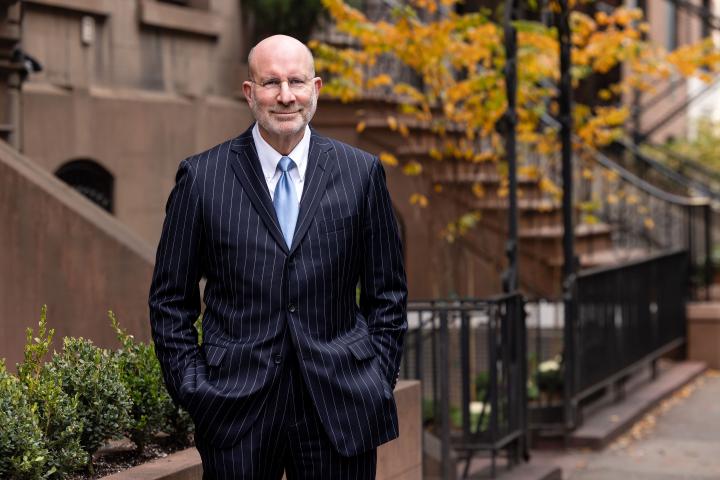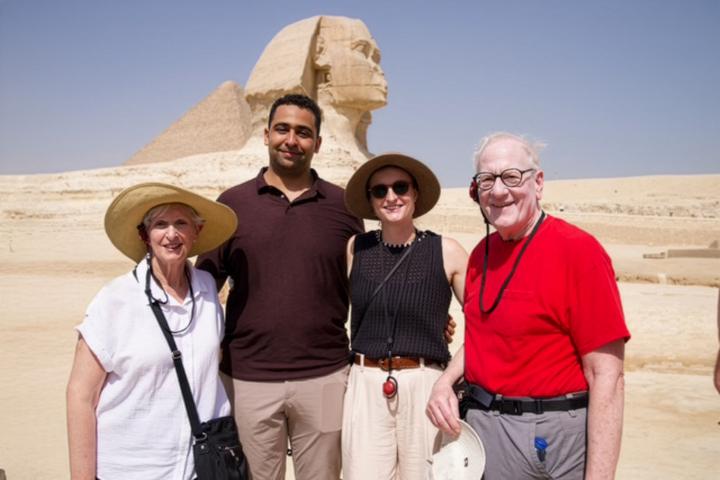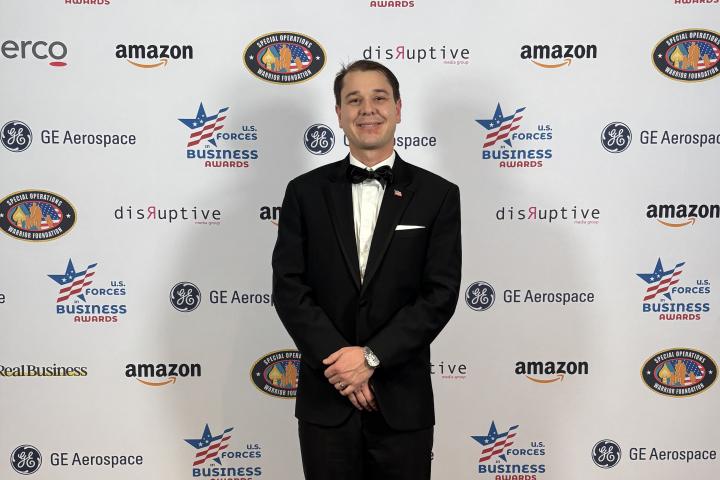
Demystifying Pay
Want to earn more?
Learn how your organization's compensation system works and how you fit into the picture.
In his new book, "Pay," released by Cambridge University Press this month, Kevin Hallock, director of ILR's Institute for Compensation Studies, tells why people earn what they do, and how you can earn more.
"Compensation systems are more complex than people think," says Hallock, who also is the Donald C. Opatrny '74 Chair of the Department of Economics and the Joseph R. Rich '80 Professor of Economics and of HR Studies.
"They're part science, and part art."
"Pay" is intended for a general audience, though Hallock believes compensation practitioners and business leaders will benefit from it, too.
The book examines how organizations set pay, wage differences across groups, executive and "superstar" pay, compensation in nonprofits, and the cost of compensation to organizations versus the value placed on it by employees.
"Many people who are upset about their pay don't fully understand why they're paid the way they are, or the different forms their compensation takes," he says. "And many organizations don't do a good job of communicating this information. With better communication and understanding, I think workers and organizations could be happier."
When evaluating compensation, it's important to consider not just wages and salary, but the total rewards of a position, Hallock says. In addition to insurance, vacation and retirement benefits, these may include working conditions, career growth, your colleagues and job stability.
If you're hoping to earn more, he says, educate yourself about what others in similar positions make (using, for example, the U.S. Department of Labor's Occupational Employment Statistics) and about what you can do to help your organization achieve its goals and objectives.
Then, become part of the solution.
Other strategies include being flexible, completing additional training, and seeking or accepting employment elsewhere.
"Pay" has already caught the attention of national media, with mentions in CNN Money and American Public Media's "Marketplace," and several stories set to appear in coming weeks.
"I loved writing this book," Hallock says. "It's a book I can't imagine having been able to write 10 years ago, before coming to ILR."
"ILR has allowed me to think holistically about compensation, motivating me to bridge academic scholarship to individual employees and managers."
Hallock, who has authored more than 60 publications, is already at work on his next book, which also focuses on compensation, a subject he says has always fascinated him.
Related Destination
Writing the Book: Partnership between ILR institutes produces volume on disability and work


